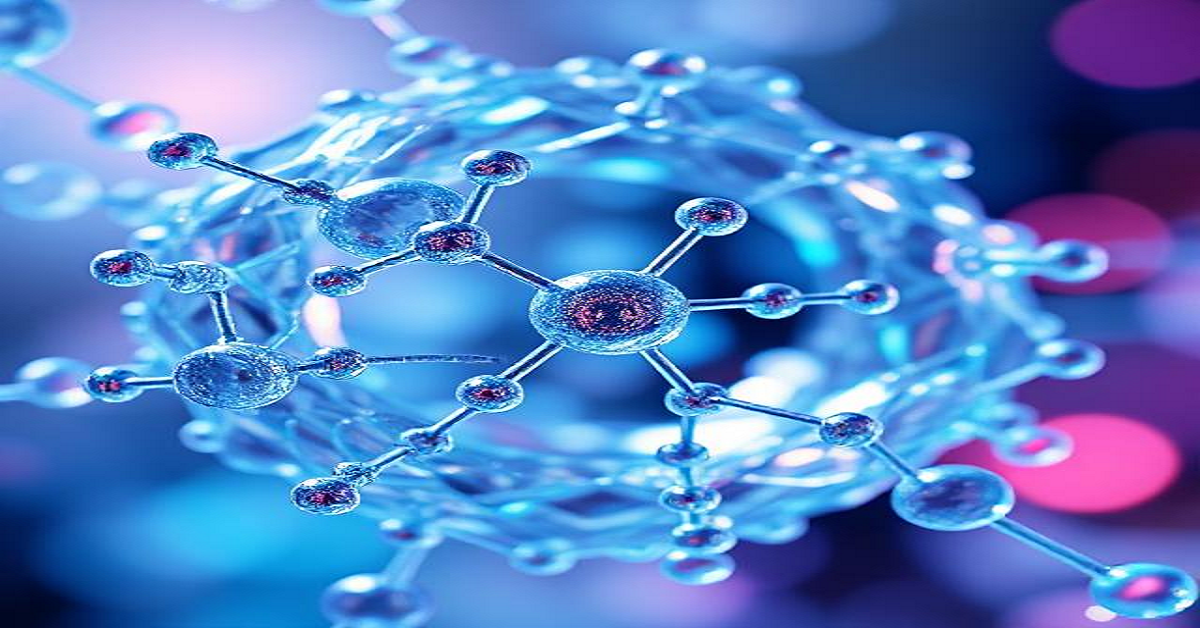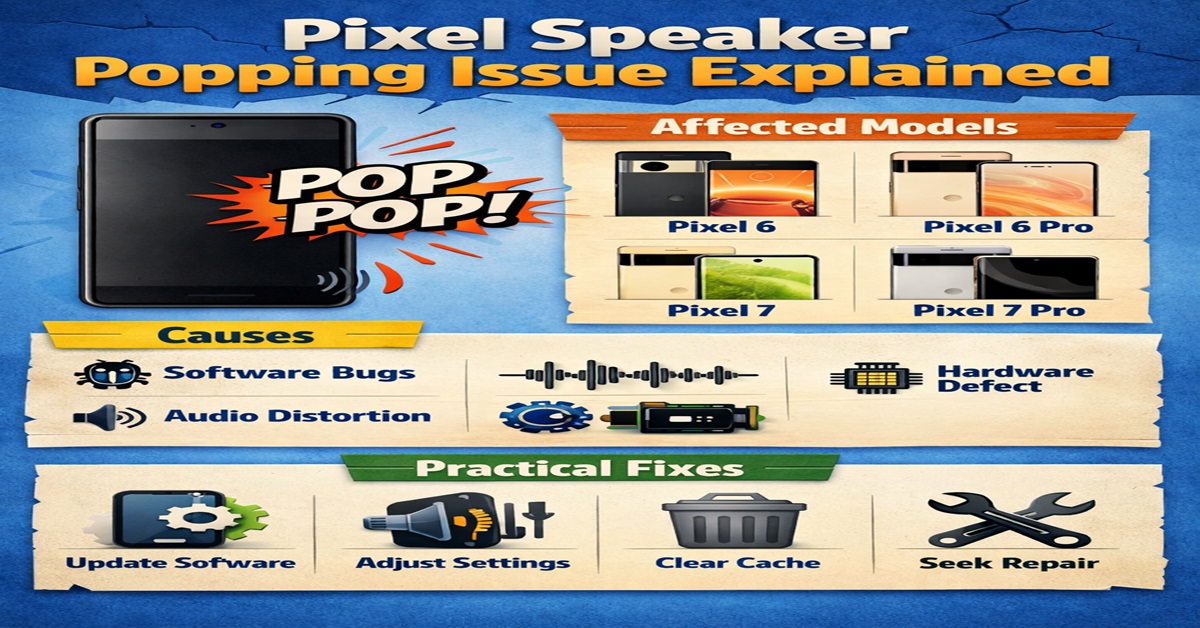Nanotechnology, the manipulation of matter on an atomic and molecular scale, has emerged as a transformative force across diverse scientific and industrial domains. This field, dealing with structures and devices measured in nanometers (one billionth of a meter), holds immense potential to revolutionize everything from medicine and materials science to energy and electronics.
Understanding the Nanoscale:
The unique properties of materials at the nanoscale are the cornerstone of nanotechnology. At this level, quantum mechanics and surface area effects become dominant, leading to phenomena not observed in bulk materials. For example, gold nanoparticles can exhibit vibrant colors, unlike the familiar yellow hue of bulk gold. Similarly, carbon nanotubes possess exceptional strength and electrical conductivity, far exceeding that of traditional materials.
Applications Across Industries:
Nanotechnology’s impact is far-reaching, with applications spanning numerous sectors:
- Medicine: Nanomedicine is revolutionizing diagnostics and therapeutics. Nanoscale imaging techniques enable earlier and more accurate disease detection. Nanotechnology also plays a crucial role in tissue engineering and regenerative medicine, facilitating the development of artificial tissues and organs.
- Materials Science: Nanomaterials, such as nanocomposites and nanocoatings, offer enhanced strength, durability, and functionality. Nanoparticles are used to create scratch-resistant surfaces, self-cleaning materials, and lightweight, high-strength composites for aerospace and automotive applications.
- Electronics: Nanotechnology is driving advancements in electronics, enabling the development of faster, smaller, and more energy-efficient devices. Nanotransistors, quantum dots, and nanowires are paving the way for next-generation computers, displays, and sensors.
- Energy: Nanotechnology is addressing critical energy challenges. Nanomaterials are used in solar cells to improve efficiency and reduce costs. Nanoparticles are also being explored for energy storage, enhancing battery performance and enabling the development of advanced supercapacitors.
- Environmental Science: Nanotechnology offers solutions for environmental remediation. Nanocatalysts can enhance the efficiency of industrial processes, reducing waste and emissions.
Key Nanotechnology Concepts:
- Nanoparticles: These are tiny particles with dimensions in the nanometer range, exhibiting unique properties due to their high surface area-to-volume ratio.
- Nanotubes: These are cylindrical nanostructures made of carbon or other materials, known for their exceptional strength and electrical conductivity.
- Nanowires: These are one-dimensional nanostructures with diameters in the nanometer range, used in electronics and sensors.
- Quantum dots: These are semiconductor nanocrystals that emit light of specific wavelengths, used in displays and bioimaging.
- Self-assembly: This is the spontaneous organization of molecules or nanoparticles into ordered structures, a key process in nanotechnology.
Challenges and Considerations:
While nanotechnology offers immense potential, it also presents challenges and concerns.
- Toxicity: The potential toxicity of nanomaterials is a critical concern, requiring thorough research and safety assessments.
- Environmental impact: The long-term environmental impact of nanomaterials needs to be carefully evaluated to prevent unintended consequences.
- Ethical considerations: The ethical implications of nanotechnology, such as privacy concerns and potential misuse, must be addressed.
- Scalability and cost: Scaling up the production of nanomaterials and nanodevices at a reasonable cost is a significant challenge.
The Future of Nanotechnology:
Nanotechnology is a rapidly evolving field with a promising future. Continued research and development are expected to yield even more groundbreaking applications, transforming various aspects of our lives.
- Advanced Manufacturing: Nanotechnology will enable the development of advanced manufacturing techniques, such as 3D printing at the nanoscale, leading to the creation of complex and highly functional devices.
- Artificial Intelligence: Nanotechnology is expected to play a crucial role in the development of artificial intelligence, enabling the creation of more powerful and efficient computing systems.
- Sustainable Technologies: Nanotechnology will contribute to the development of sustainable technologies, such as advanced energy storage and environmental remediation solutions.
- Personalized Medicine: Nanotechnology will drive the advancement of personalized medicine, enabling the development of customized treatments based on individual needs.








